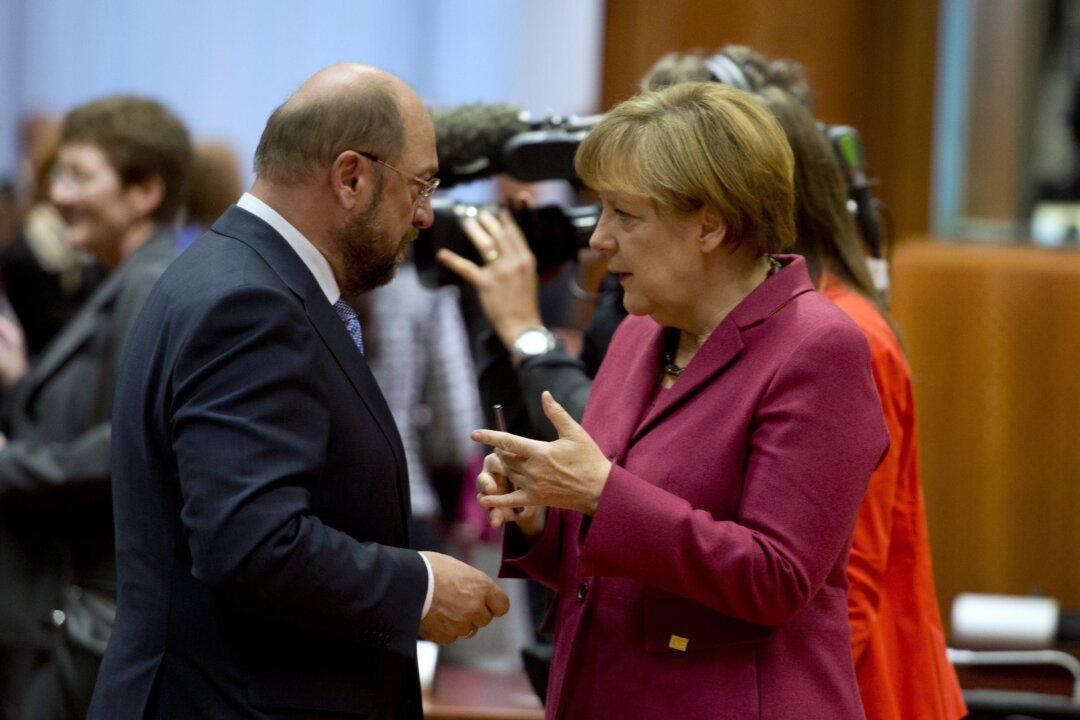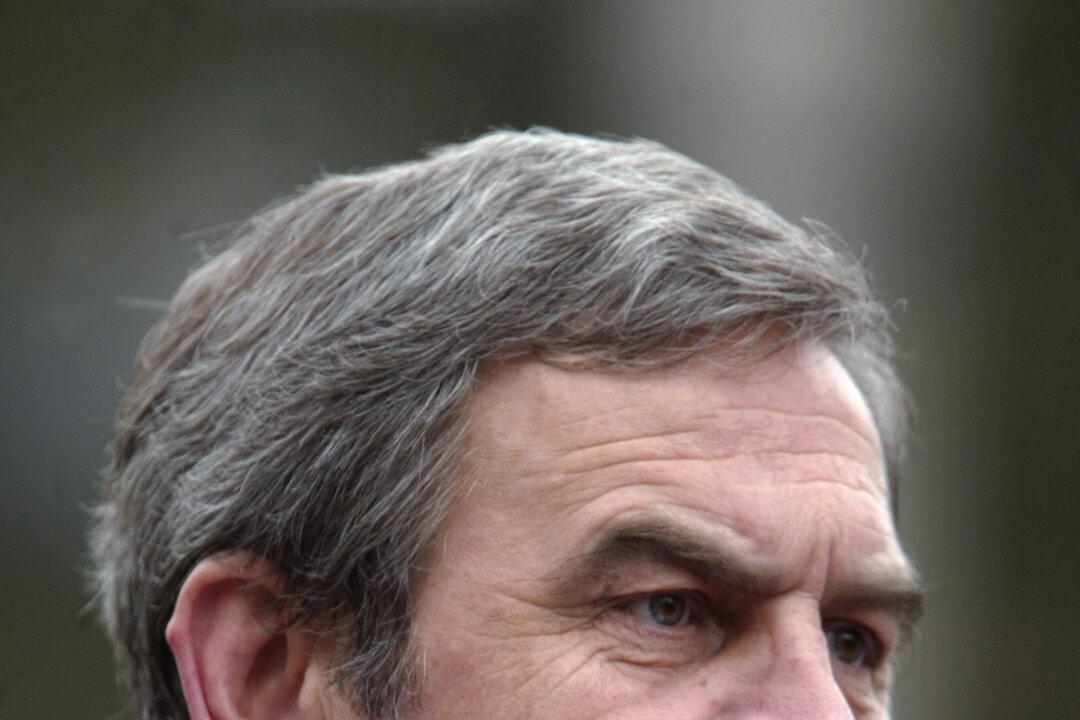BRUSSELS—The European Parliament voted on Wednesday to approve a new set of European Commissioners. The 28-strong EU body changes every five years, and is responsible for proposing laws and making sure they are properly carried out.
The new commissioners are assigned a “portfolio” or a specific area of the government, such as the economy, energy, trade, or transport.
Prior to the vote, the European Parliament conducted almost two weeks of hearings to cross-question the candidates to make sure they were a good fit for their nomination.
Due to pressure from the European Parliament, some candidates had to withdraw or change portfolios.
One such example is Alenka Bratusek, Slovenia’s original nominee to the commission. She withdrew following her rejection for the job of vice-president of the the Energy Union because of a lackluster performance in her hearing. When questioned, members of the European Parliament (MEPs) were not satisfied Bratusek knew what the job entailed or how she would carry it out.
Challenges
The new president of the Commission, Jean-Claude Juncker, and his newly-elected commissioners now face some major challenges.
One is applying EU budget-discipline rules to France, which is struggling to bring its deficit within 3 percent of gross domestic product as required by EU regulations. France is projecting a 4.3 percent deficit for 2015 due to a slowing economy.
The spotlight on France’s public spending will be even greater because the designated EU commissioner for economic and monetary affairs is Pierre Moscovici, a former French finance minister.
Italy has also been put on notice that its proposed budget does not satisfy the EU’s requirements and, like France, could face fines if it does not make changes. The EU has a debt ceiling of 60 percent GDP. Italy’s debt is over 130 percent of its GDP.
Another challenge is the U.K.’s opposition to European Union policies on renewable energy and, Juncker’s nomination as Commission president.
British Prime Minister David Cameron thinks Juncker would increase the control of the EU Parliament, which he feels would hinder reforms in the U.K. He pledged to win back powers from the EU and, if re-elected next year, to hold a referendum on the country’s membership in the EU. Juncker has said he wants the U.K. to stay and appointed Jonathan Hill from the U.K. as European financial services commissioner.
Juncker said he hoped his team would work as a team and overcome political and cultural barriers for the betterment of all member states.
“It is time we had a real ‘grand bargain’, a broad coalition of countries and the main
political parties who will work together on a three pillar structure: structural
reforms, fiscal credibility and investment,” he said, according to his prepared speech delivered on Oct. 22.
The new commissioners are set to take office on November 1.




